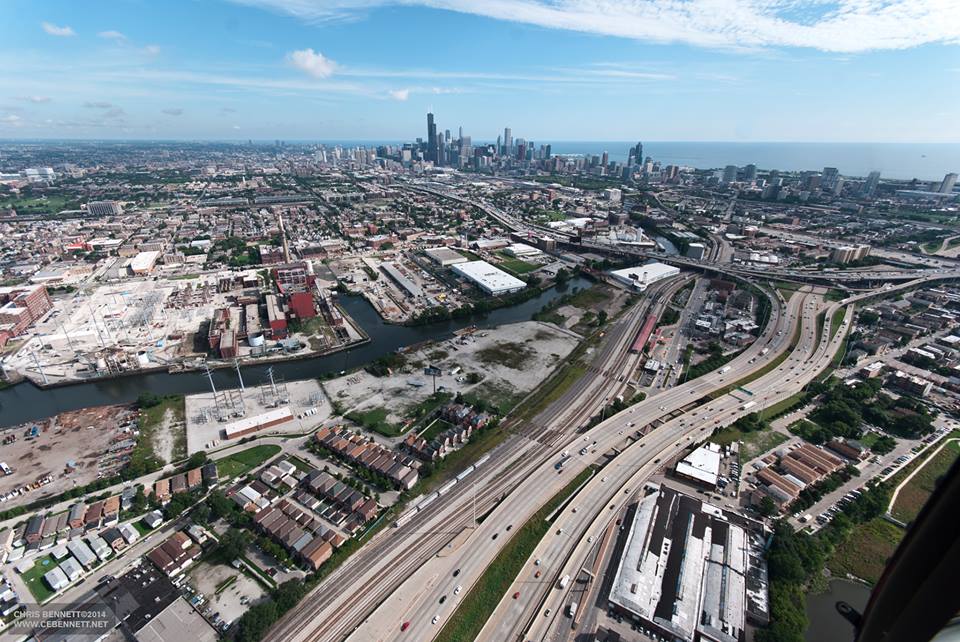MASTER OF LANDSCAPE ARCHITECTURE + URBANISM
Landscape Architecture + Urbanism at IIT is where the world comes to learn the skills to build the metropolis of tomorrow. Our program is a fundamentally progressive urban enterprise based on three defining principles: the equitable global growth of our urban centers, robust transdisciplinary collaboration, and the advancement of urban landscape theory in research and in practice. IIT students investigate complex socio-environmental challenges through creative inquiry and innovative technological ideation. As the only accredited Landscape Architecture program in Chicago - and among only the few in large North American cities - we are uniquely positioned to confront these challenges.
Our curriculum amplifies this urban context with courses that investigate critical landscape architecture challenges of the twenty-first century city: the urban design implications of technological innovations, new mobility systems, post-industrial sites, water quality, sea-level rise, climate change, social equity, rapid urbanization, and vital public spaces, among others. Our LAAB accredited program prepares technically skilled and intellectually versatile design professionals who share these ambitions across the globe.
Our M.L.A.+U. program is officially approved as a STEM designated field of study in Sustainability Studies within the U.S. Department of Homeland Security’s STEM designated fields list.
International students who have earned degrees in (STEM) fields in the US, may apply for a 24 month extension of their post completion OPT employment for a total of 36 months, a significant benefit for international students who wish to stay and work in the US post-graduation.
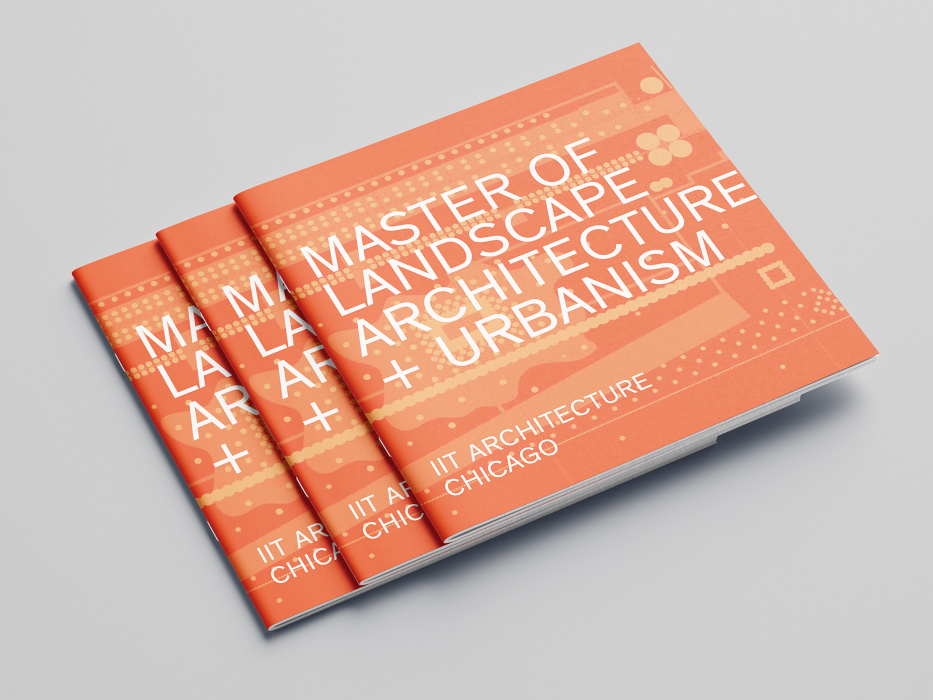
Click here to read the MLA+U Program Guide
HOW TO APPLY TO MLA+U
The MLA+U program at IIT offers the Master of Landscape Architecture professional degree, a dual MLA/MARCH, and advanced standing. For detailed information about graduate admission requirements, deadlines, and scholarships, please visit arch.iit.edu/admissions/gradua
STUDENT WORK
Drawing on landscape architectures' range of work-from urban gardens to regional planning-our students explore the design of landscape networks for food production, hydrological systems, forest systems, mobility infrastructures, and public recreation. These landscape reconfigurations will define how we reoccupy territories as productive landscapes for social, cultural, and economic outcomes. Within this broader ecological context, the program places great attention on the experiential aspects of the public realm by focusing on the quality of the urban pedestrian environment. Materiality, scale, human comfort, visual beauty, and cultural relevance are critical factors in the improvement of urban life. The development and integration of ecological beautify at a range of scales-from site to city to region and beyond- is of paramount importance.
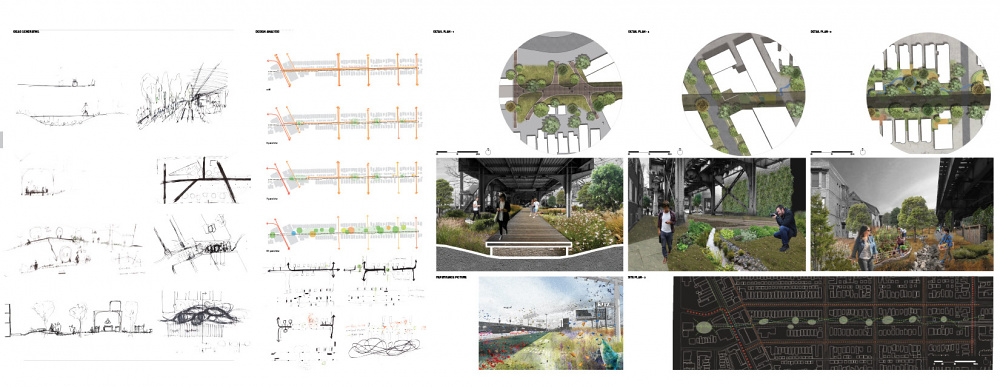
LECTURES & EVENTS
More than ever, the world needs more informed, more innovative, and more critically involved landscape architects. Population growth, changing climate, and continued depletion of natural resources call into question received planning and design methods. Landscape architects have emerged among design professionals to lead the understanding, organization, reclamation, and re-imagining of our cities to meet the challenges of our future. Click for more.
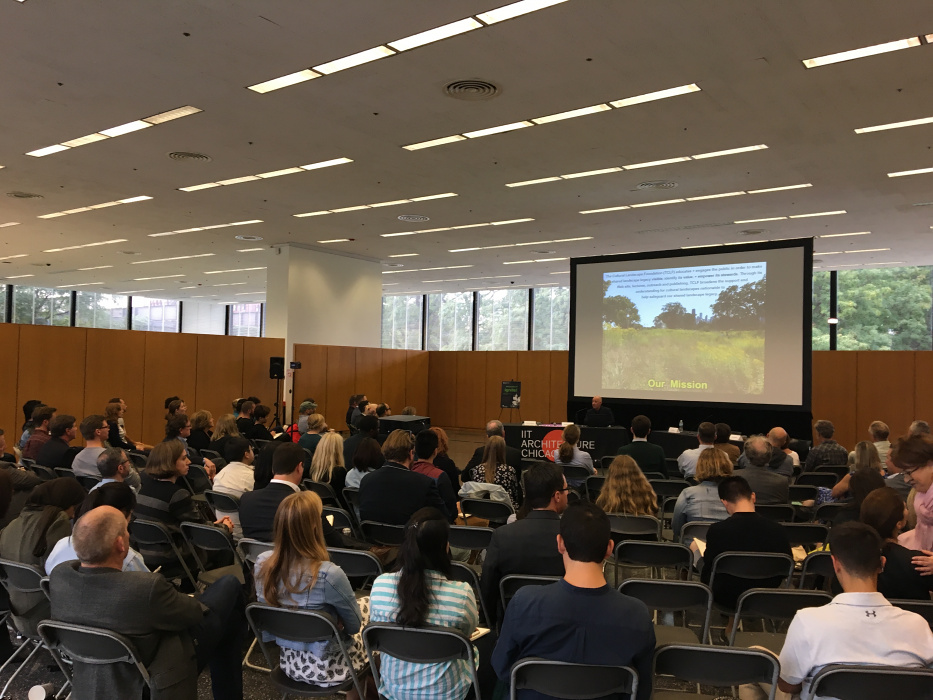
STUDIO CULTURE
Our position is to empower our students with the confidence and skills to define their work through landscape architecture and to actively deploy this agency to change the world through investigations of the Landscape Metropolis.
Click for more.
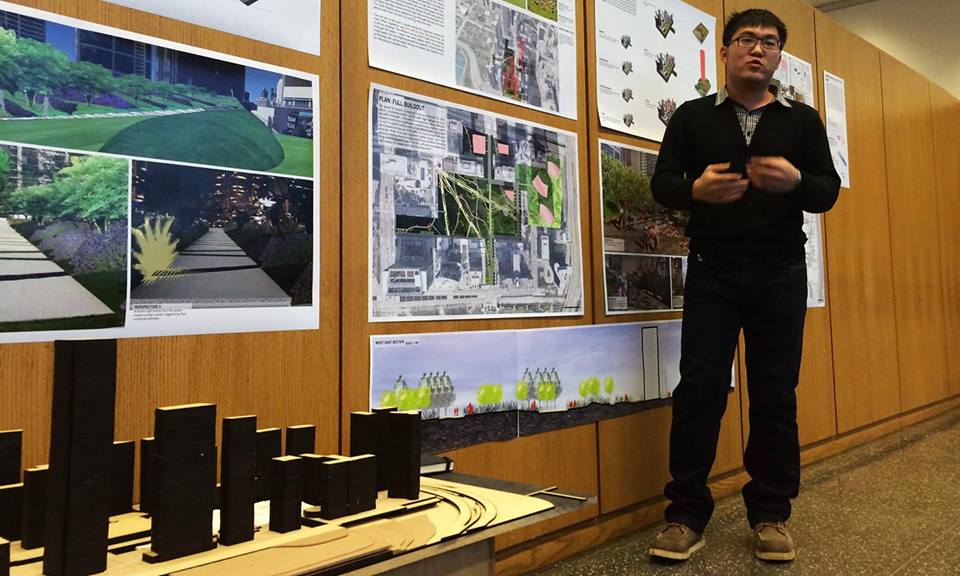
FIELD RESEARCH
The Great Lakes Basins: The program places a focus on studying the mega-region of the Great Lakes, including its natural systems; water resources and networks; economic, social and political histories and conditions; production landscapes; and infrastructural systems. The shifts in urbanization and relationships across this region, combined with the potential to revive established networks through new configurations, make the area a critical test laboratory for ecological landscape urbanism on a broad scale. Click for more.
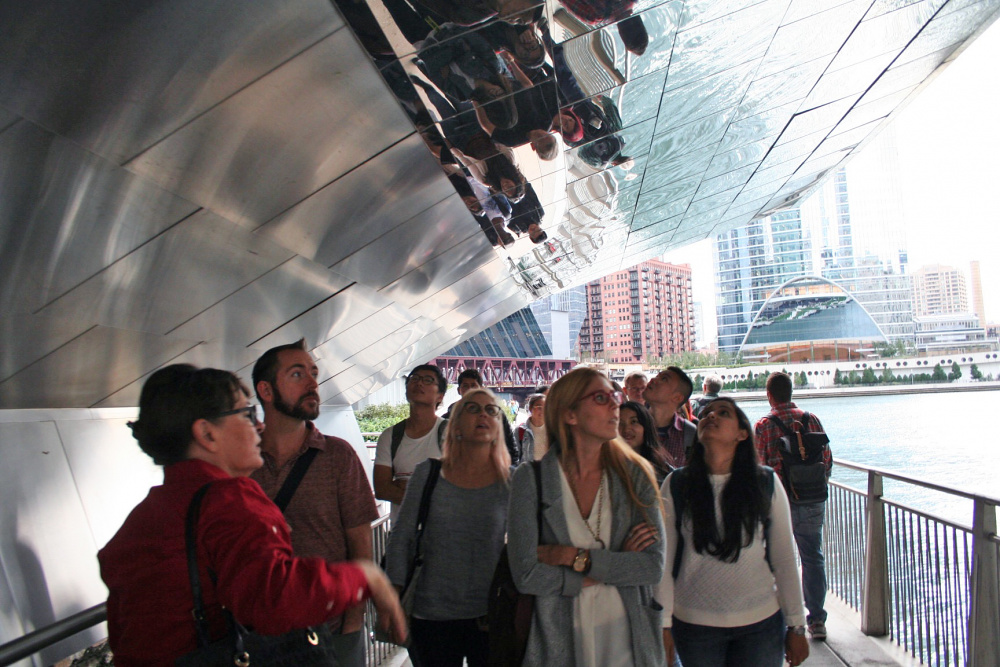
CHICAGO LANDSCAPE LABORATORY
Chicago Landscape Laboratory: Crossing ecological boundaries at a range of scales, Chicago serves as a microcosm of the global ecological situation. Understanding Chicago's future relies on understanding the fundamental landscape relationships across the city. The landscape architecture program extends its research and design inquiries beyond historic gardens and parks to research abandoned infrastructure landscapes, the Chicago River, vacant neighborhood lots, and industrial lands as opportunities for intervention and regeneration.
